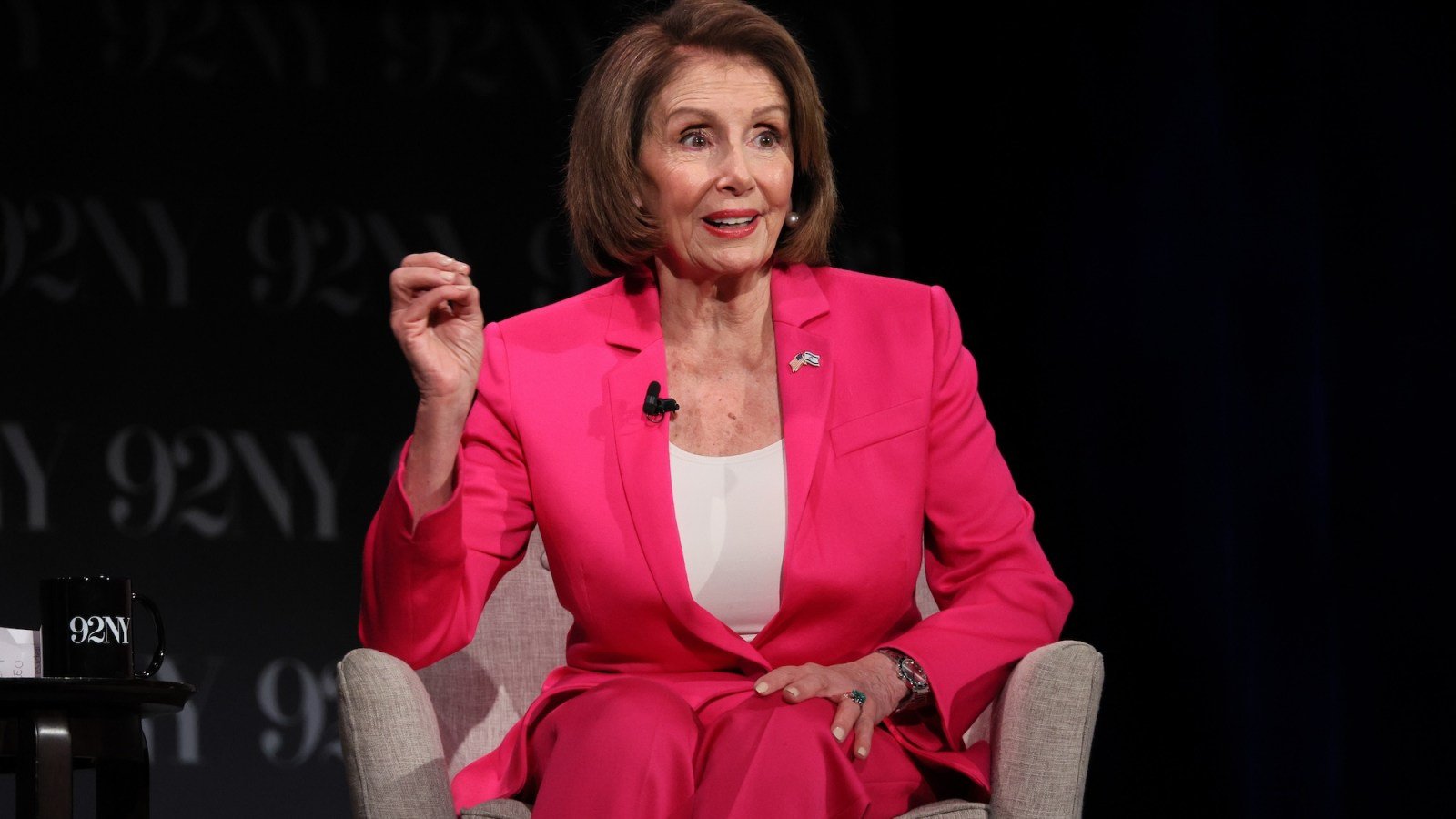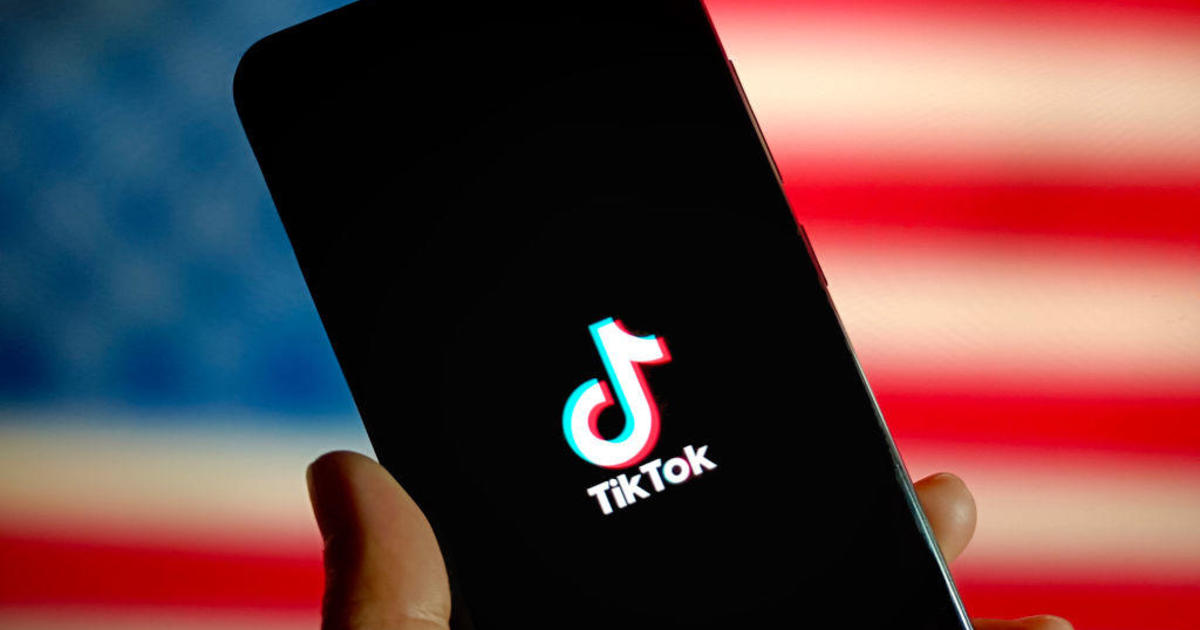- 15 Posts
- 3.03K Comments
I don’t think Boeing is getting a pass. If anything, its become an even bigger laughing stock than SpaceX.
As to the rest, most people forget they even exist. What has Rocketdyne even received credit for of late, ffs? What has Lockhead, for that matter?
A great deal of the problem with the modern rocket industry is that it has been commercialized.
Indian and Chinese public sector agencies don’t need to run around sucking off donors for money or inventing new ways to generate profit on taxpayer expense. They can operate at-cost with a consistent budget and aim at targets set by experts in the field rather than investors with the biggest wallets. Consequently, they’re putting up better and more efficient spacecraft - India put its Mangalyaan probe into orbit around Mars for a measly $75M, China’s the only country left with a nationally independent space station - than anyone in the private sector has managed to date.
Back when NASA wasn’t an entirely owned and operates subsidiary of Boeing, it was able to go toe-to-toe with the USSR. But now the pursuit of quarterly profits is dissolving the western space industry to the point where we can’t even get people off the ISS without Russia’s help.
Oh come on. SpaceX is doing way better than Boeing atm.
 2·4 hours ago
2·4 hours agoArgentina gutted its tax system and now certain people are making a lot more money. Its just that the state currency is increasingly worthless, as the biggest consumer of notes no longer wants them.
 14·4 hours ago
14·4 hours agoTaxation is only necessary in a country with a heavily privatized and widely stratified property distribution. The whole purpose of the tax system is to redistribute money between groups, by way of state spending. But if you don’t have these enormous strata to begin with, you don’t need crazy high tax rates to handle the rebalancing.
Cuba and Laos has a very modest 20% top tax rate. Vietnam has the same top rate as the US, at 35%. North Korea doesn’t have any income tax at all. It’s countries like China and Japan and Germany (top rate 45% with a 20% cap gains rate) and the US (top rate 37% with a 15% cap gains rate) that need these higher brackets, because they’ve got these bloated upper classes.
I could easily argue that taxation is just another kind of rent, and states are just another kind of landlord, in a country where the working class has no legal claim to any of the property it occupies. And that an ideal society would have many more free-at-point-of-service public utilities, such that cash (and the taxing thereof) had a diminished purpose.
In a country where you’re compelled to chase a wage in order to have any kind of legal right to exist, the taxation of working-class wages really is awful and nobody should be punished for saying so. I’m all on board with eliminating taxation for anyone earning below the living wage. And I might go further, arguing for the abolition of private taxpaying businesses that depriving people of survival necessities.
 16·3 hours ago
16·3 hours agoHe did not have to beg to rich people and businesses for funding in exchange for doing favours for them.
That’s totally untrue. FDR was about as deep in with the military industrial complex and the financial interests as anyone on the Republican side of the aisle. The fundamental difference between FDR and Hoover was that FDR didn’t surround himself with the most economically blackpilled advisors. He treated the Great Depression as a subject of scientific inquiry and tried a whole litany of approaches to get us out of it, while Hoover treated it as a test of his convictions and clung stubbornly to the most conservative panacea.
The Roosevelts profited handsomely from both the national rebound and the subsequent war. They profited from America’s predominant position as industrial superpower, by the end of the war. But their profiteering came as a consequence of successful economic experimentation and strategy.
By sharp contrast, the Von Mises / Rothbard / Ayn Rand capitalist die-hards repeatedly ruined themselves chasing economic orthodoxy and had to keep coming back to the state and national governments for bailout after bailout.
It was the private sector’s continued heavy reliance on public authority that gave FDR a free hand, not FDR’s own personal fortune. For the next forty years, private industry struggled to see the kind of enormous returns of the pre-war era. The struggles against an insurgent global anti-colonialism curtailed profits internationally. Strong unions at home curtailed profits domestically. Private industrialists relied enormously on state contracts and federal interest rates to turn even marginal profits.
Not until the Volcker Shock and the decoupling of labor productivity from economic growth could conservative business interests reliably reassert themselves against state control. That unleashed private enterprise from public financing and allowed for the steady re-privatization of the economy under Ford, Carter, Reagan, et al. This is the point at which unfettered freely flowing campaign donations began to eclipse the usefulness of large local party organizations, and the national privatization of politics really took off.

 1·14 hours ago
1·14 hours agoDon’t make me tap the sign…


 602·1 day ago
602·1 day agoIt ran functionally uncontested for ten years. And it would hardly have been the first underground streaming service to pivot legit and cash out.
Napster was sold for $85M back in 2002. Justin.tv rebranded as Twitch in 2011. Hell, AWS has it’s share of pirate hosted files.
 61·1 day ago
61·1 day agoOne big reason you need self-sufficency within individual socialist districts. Taxation is just a tool to rebalance the scales. But at the end of the day, socialists need sovereignty - control over their natural resources and freedom from outside economic extortion.
That doesn’t preclude internationalism. But it does preclude imperialism.
This proves that all religions are at least partially correct, and the most popular religions are the most correct
If I wanted people to believei existed, I would simply appear on camera and give an interview

 111·1 day ago
111·1 day agoWhy would anyone donate to them or why would he?
Virtue signaling, mostly. Saying you care but evil stupid leftists don’t, because you’re sending money to
professional griftersa bunch of innocent victims.

 167·1 day ago
167·1 day agoBut other than wild speculation, is there any evidence?
He did drive up to Ohio to shoot people.
those of you that don’t get it are dumb
I wish I didn’t know people who would say that shit entirely unironically.

 4227·1 day ago
4227·1 day agoThe cloth does nothing to stop the virus but also completely cuts off oxygen to your brain.
No I will not explain. It’s your job to educate yourself by watching more Jordan Peterson videos.

 16·1 day ago
16·1 day agoGood for writing things nobody will read and reading things nobody wrote.

 3·1 day ago
3·1 day agoa huge company like Walmart that operates on wafer-thin margins
Walmart has historically run enormously wide margins, thanks to their “import shoddy crap from overseas” business strategy.

 94·2 days ago
94·2 days agoThe answer then is to charge the first man $1, the second $10, and the third $100.
Would the ethical answer not be $0, on the grounds that all individuals are entitled to basic living needs regardless of their personal wealth?

 7·2 days ago
7·2 days agoI just do not understand how anyone is on the fence about DJT…
Gotta consider which fence we’re talking about. For some folks, the fact that he let his daughter marry a (((Kushner))) means he was just too Woke. For others, the fact that he got successfully convicted means he’s a big stupid loser. Some people just love an underdog and will vote for anyone who isn’t currently in office.
You have to keep in mind that “independent” doesn’t mean “in the middle of Democrats and Republicans”. In the same way people abandoned Hillary over the Comey Letter, I’m sure there’s a certain number of independents who are scared off of Trump entirely because they don’t like the idea of someone being a convicted felon.

 1·2 days ago
1·2 days agoA big part of the AI Hype cycle has been “AIs are potentially too omnipotent for us to control, but also too much of a national security threat to ignore”. So you get these media hacks insisting we need a super-intelligent artificial mind that is firmly within the grip of its creator.
As a consequence of the hype over-topping any kind of real utility from these machines, you’ve got some of the top board members of these firms spinning out their own boutique branches of the industry by insisting prior iterations are too dangerous or too constrained to fulfill their future their intended role as techno-utopian machine gods.
Not sure how they plan on raising money when so many other AI companies are promising commercialization.
The sensationalist bullshit is how they plan to make money. “Don’t trust Alice’s AI, its too dangerous! I’m the Safe AI” versus “Don’t trust Bob’s AI, its too limited. I’m the Ambitious AI”. Then Wall Street investment giants, who don’t know shit from shoelaces, throw gobs of money at both while believing they’ve hedged their bets. And a few years after that, when these firms don’t produce anything remotely as fantastical as they promised, we go into a giant speculative bubble collapse that takes out half the energy or agricultural sector as collateral damage.
In twenty years, we’ll be reading books titled “How AI Destroyed The Orange”, describing the convoluted chain of events that tied fertilizer prices to debt-swaps on machine learning centers and resulted in almost all of Florida’s biggest cash crop being lost to a hiccup in the NASDAQ between 2026 and 2029.








You’d hardly be the first guy who thinks only landlords deserve a vote.